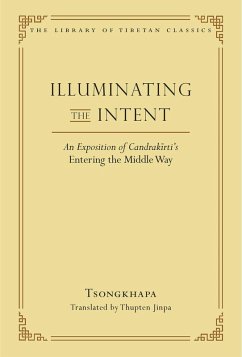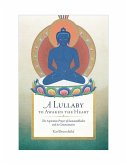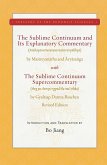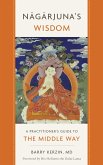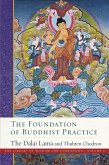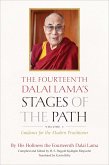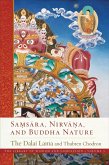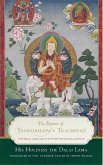The Dalai Lama's translator and author of the definitive biography of Tsongkhapa here presents the first translation of one of that master's seminal and best-known works. This work is perhaps the most influential explanation of Candrakirti's seventh-century classic Entering the Middle Way (Madhyamakavatara). Written as a supplement to Nagarjuna's Fundamental Verses on the Middle Way, Candrakirti's text integrates the central insight of Nagarjuna's thought-the rejection of any metaphysical notion of intrinsic existence-with the well-known Mahayana framework of the ten levels of the bodhisattva, and it became the most studied presentation of Madhyamaka thought in Tibet. Completed the year before the author's death, Tsongkhapa's exposition of Candrakirti's text is recognized by the Tibetan tradition as the final standpoint of Tsongkhapa on many philosophical questions, particularly the clear distinctions it draws between the standpoints of the Madhyamaka and Cittamatra schools. Written in exemplary Tibetan, Tsongkhapa's work presents a wonderful marriage of rigorous Madhyamaka philosophical analysis with a detailed and subtle account of the progressively advancing mental states and spiritual maturity realized by sincere Madhyamaka practitioners. The work remains the principal textbook for the study of Indian Madhyamaka philosophy in many Tibetan monastic colleges, and it is a principal source for many Tibetan teachers seeking to convey the intricacies of Madhyamaka philosophy to non-Tibetan audiences. Though it is often cited and well known, this is the first full translation of this key work in a Western language.
Dieser Download kann aus rechtlichen Gründen nur mit Rechnungsadresse in A, B, BG, CY, CZ, D, DK, EW, E, FIN, F, GR, HR, H, I, LT, L, LR, M, NL, PL, P, R, S, SLO, SK ausgeliefert werden.

